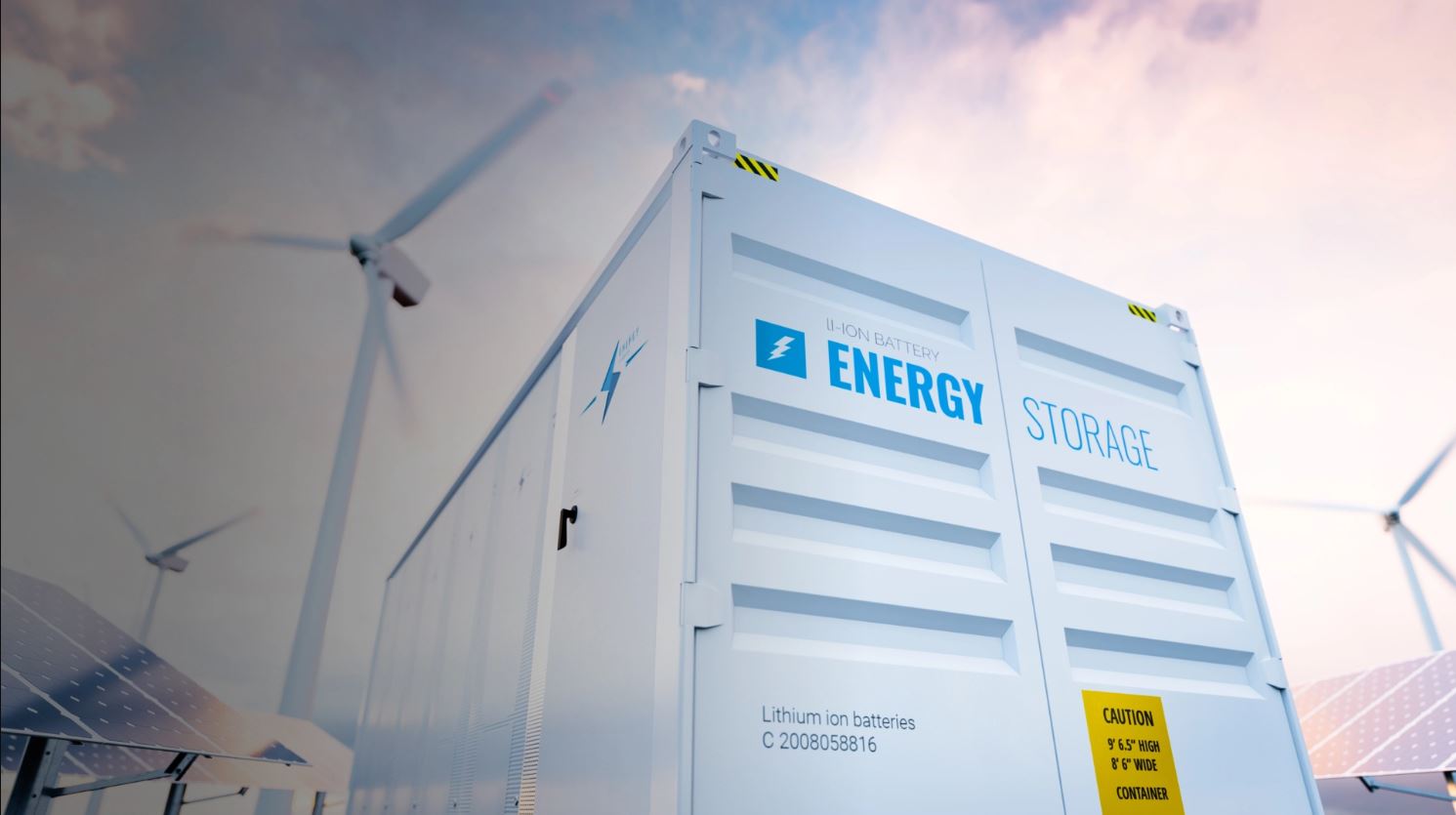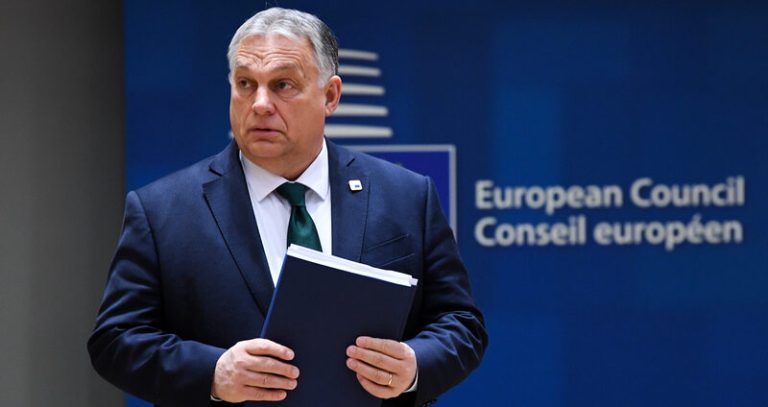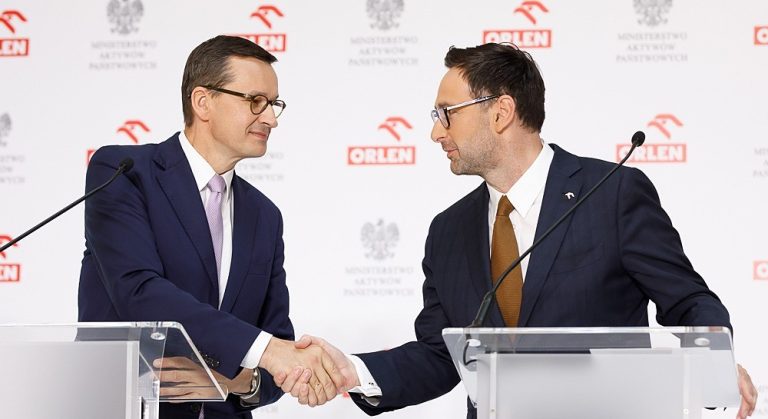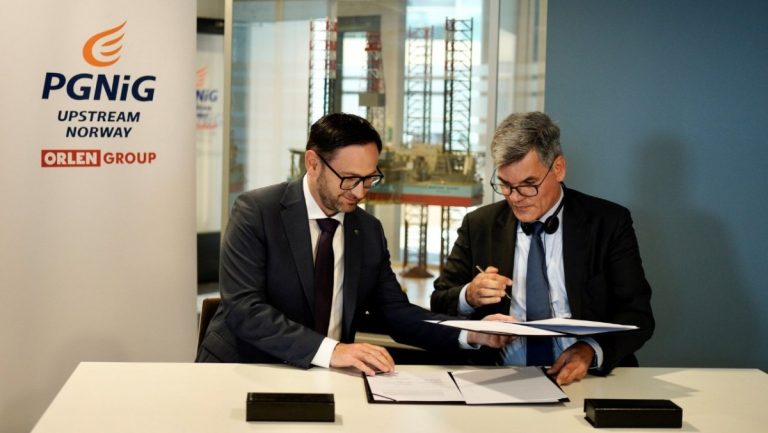Ukraine’s DTEK to build first energy facility in Poland

Ukraine’s largest private energy company has acquired the rights to build its first battery storage facility in Poland. The investment aims to bolster the integration of the Ukrainian and Polish energy systems and Poland’s efforts to move towards renewables.
DRI, a subsidiary of DTEK, an energy conglomerate belonging to Ukraine’s richest man, Rinat Akhmetov, has signed an agreement to acquire 100% of shares in a battery energy storage system project set up by Polish firm Columbus Energy.
The acquisition – the value of which has not been disclosed – will allow the Ukrainian company to build battery storage systems with a capacity of 133 MW in southern Poland, provided the necessary permits are obtained.
Excited to bring large-scale #BatteryStorage to Poland’s #renewables market, with plans to build a 133 MW battery storage facility in southern #Poland. #RenewableEnergy #sustainability pic.twitter.com/wPWxs1BQF5
— DTEK Group (@dtek_en) March 27, 2024
DTEK claims that this will be the largest project of its kind in Poland. However, Polish state-owned energy firm PGE has also entered the race for large-scale energy storage in Poland, announcing a project almost four times larger earlier this year.
DTEK’s deal with Columbus Energy is expected to be finalised in the coming months, with ground broken at the construction site near the town of Chranów in the last quarter of this year. The facility is expected to start operation in early 2026.
“Today’s signing marks an exciting moment in Europe’s aspirations to move beyond fossil fuels,” said Maxim Timchenko, CEO of DTEK Group.
“It will not only provide vital flexibility in Poland’s journey to a renewable future but will be an important test case for Central and Eastern Europe in demonstrating how battery storage can be deployed successfully,” he added.
An „energy bridge” linking Poland and Ukraine’s electricity grids – allowing them to import and export power to one another – is set to open in the first quarter of 2023.
Plans for the line were launched after Russia’s invasion of Ukraine https://t.co/pcS0IkP4Ji
— Notes from Poland 🇵🇱 (@notesfrompoland) January 11, 2023
“DTEK’s investment in the country is a crucial step towards the integration of Ukraine and Poland’s energy systems,” continued Timchenko.
In October 2023, when DTEK and Columbus Energy signed an initial agreement to collaborate, the Ukrainian firm expressed interest in three Columbus-owned energy storage projects with a total capacity of 398 MW.
Energy storage is seen as a vital component in expanding the use of renewables, which, being reliant on wind and sun, produce power inconsistently and often at times outside peak demand.
Renewables generated a record 26% of Poland’s electricity in 2023, up from 19% the previous year.
However, coal continued to produce most of the country’s power, accounting for almost two thirds of the energy mix https://t.co/JQqfMkOK4I
— Notes from Poland 🇵🇱 (@notesfrompoland) January 3, 2024
Although renewables have expanded fairly quickly in Poland in recent years, the country still relies on coal to produce around two thirds of its power, by far the highest proportion in Europe.
In January, PGE announced its plans to build a 400 MW energy storage facility in northwest Poland, with construction scheduled to be completed in 2029. The firm already has two energy storage facilities with capacities of 2.1 MW and 500 kW.
In 2021, Swedish battery manufacturer Northvolt announced that it was investing $200 million in Poland to create what it said would be Europe’s largest factory for energy storage systems.
Europe’s largest factory for energy storage systems is to be built in Poland.
Swedish firm @northvolt says the $200 million facility, which includes an R&D centre, will provide technical solutions “for ending industrial dependence on fossil fuels” https://t.co/spYHVNZAxN
— Notes from Poland 🇵🇱 (@notesfrompoland) February 22, 2021
Main image credit: DTEK
Alicja Ptak is senior editor at Notes from Poland and a multimedia journalist. She previously worked for Reuters.






